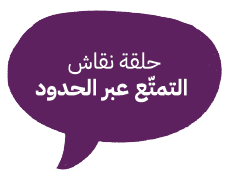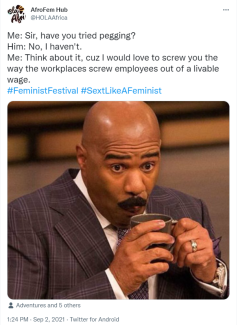Advocating Health for Everyone
Isaac Oriafo Ejakhegbe works in the non-profit sector, primarily focusing his work on gender equality, climate change, and health promotion, including maternal and child health. He is a Women Deliver Young Leader and is currently working at the Women’s Health and Action Research Centre, a non-governmental organisation in Nigeria that advocates for women’s reproductive health and social well-being. As founder of the Youth Spotlight Initiative, Isaac also engages in specifically promoting sexual and reproductive health and rights of young people, including issues bordering on HIV infection.
Issac studied Applied Health Social Science from the School of Public Health at the University of Ghana, where he was awarded the best graduating student in his set. His thesis focused on gender equality, women’s empowerment, and contraceptive use in the Western Region of Ghana.
After graduating, Isaac volunteered as a United Nations Children's Fund Peer Educator under the National Reproductive Health HIV and AIDS Prevention and Care project in Northern Nigeria and has worked as a program officer at the Initiative for the Rehabilitation and Care for HIV and AIDS. He was involved in several projects pertaining to commercial sex workers.
Part of his work in health promotion included direct community involvement. As a community health officer at the Joy Maternity Clinic based in Edo State, Nigeria Issac actively provided health education and social support to community members. During this time, he enrolled in an online program, earning a Clinical Research and Public Health Certificate from the Harvard School of Public Health and a certificate in “Challenges of Global Poverty” from the Massachusetts Institute of Technology.
Isaac enjoys writing articles and blogs on health and climate change issues. Ahead of the recent 2015 United Nations conference on climate change COP 21, he wrote an article for ‘Climate Reports’ focusing on the impacts of unhealthy environment on health.











